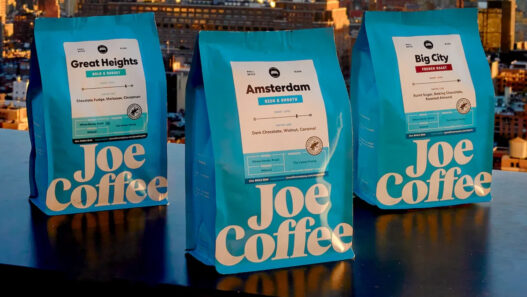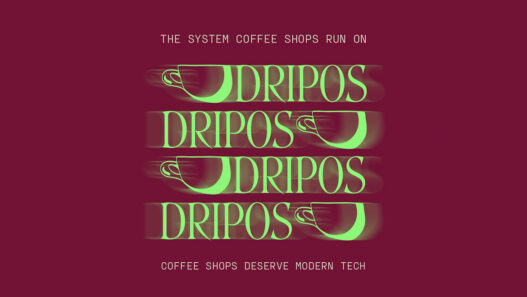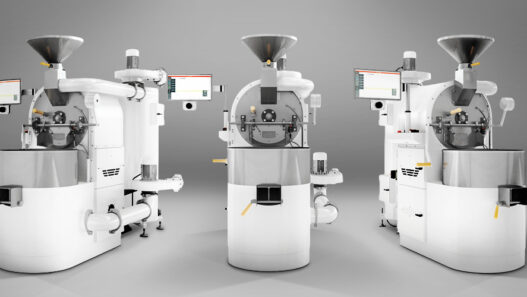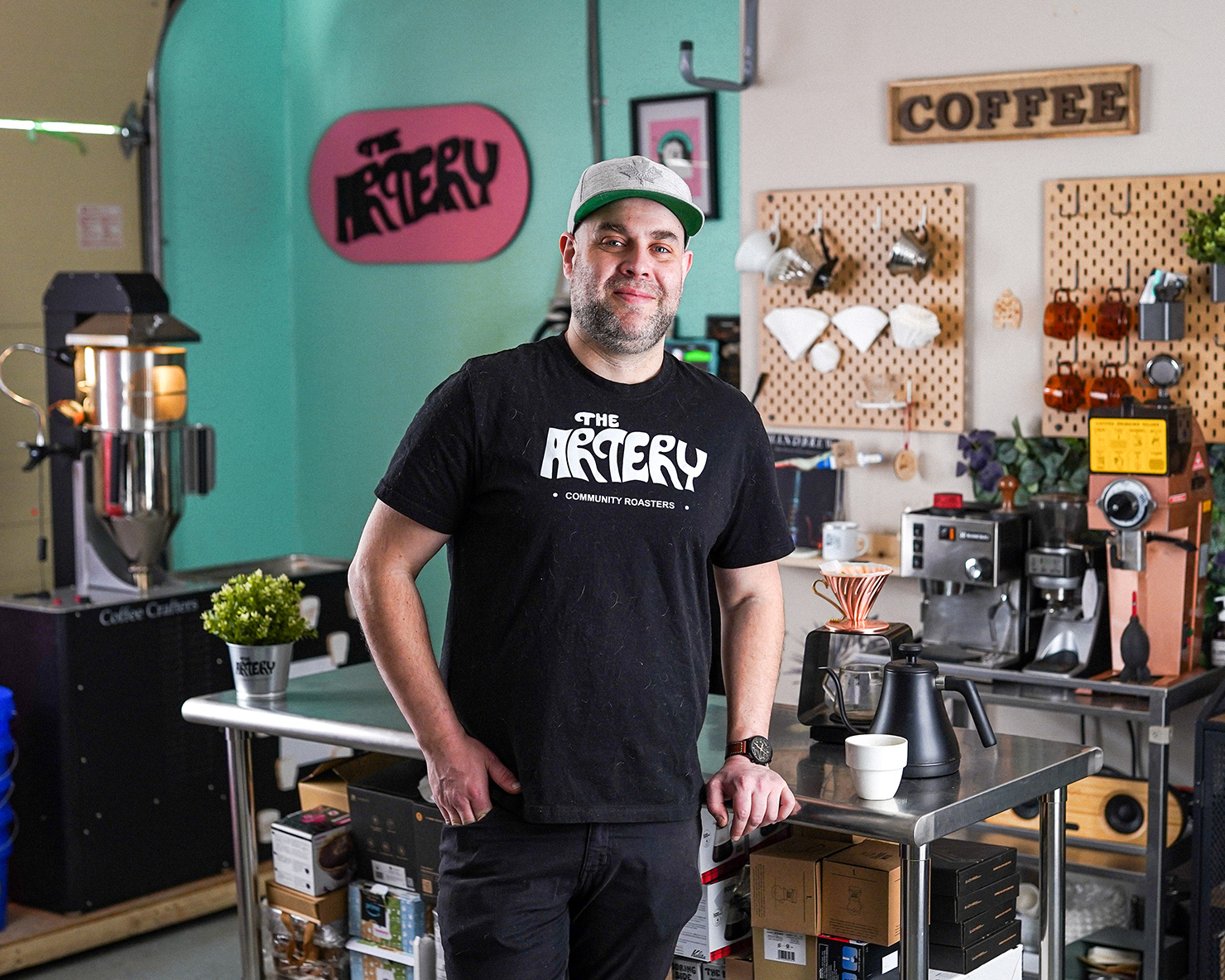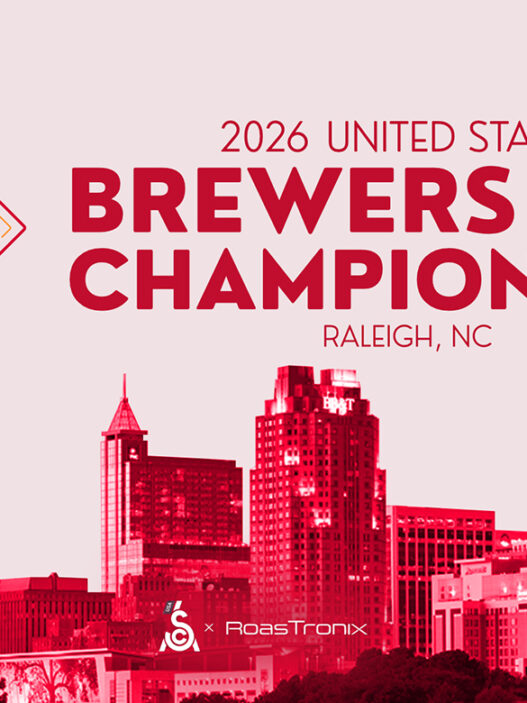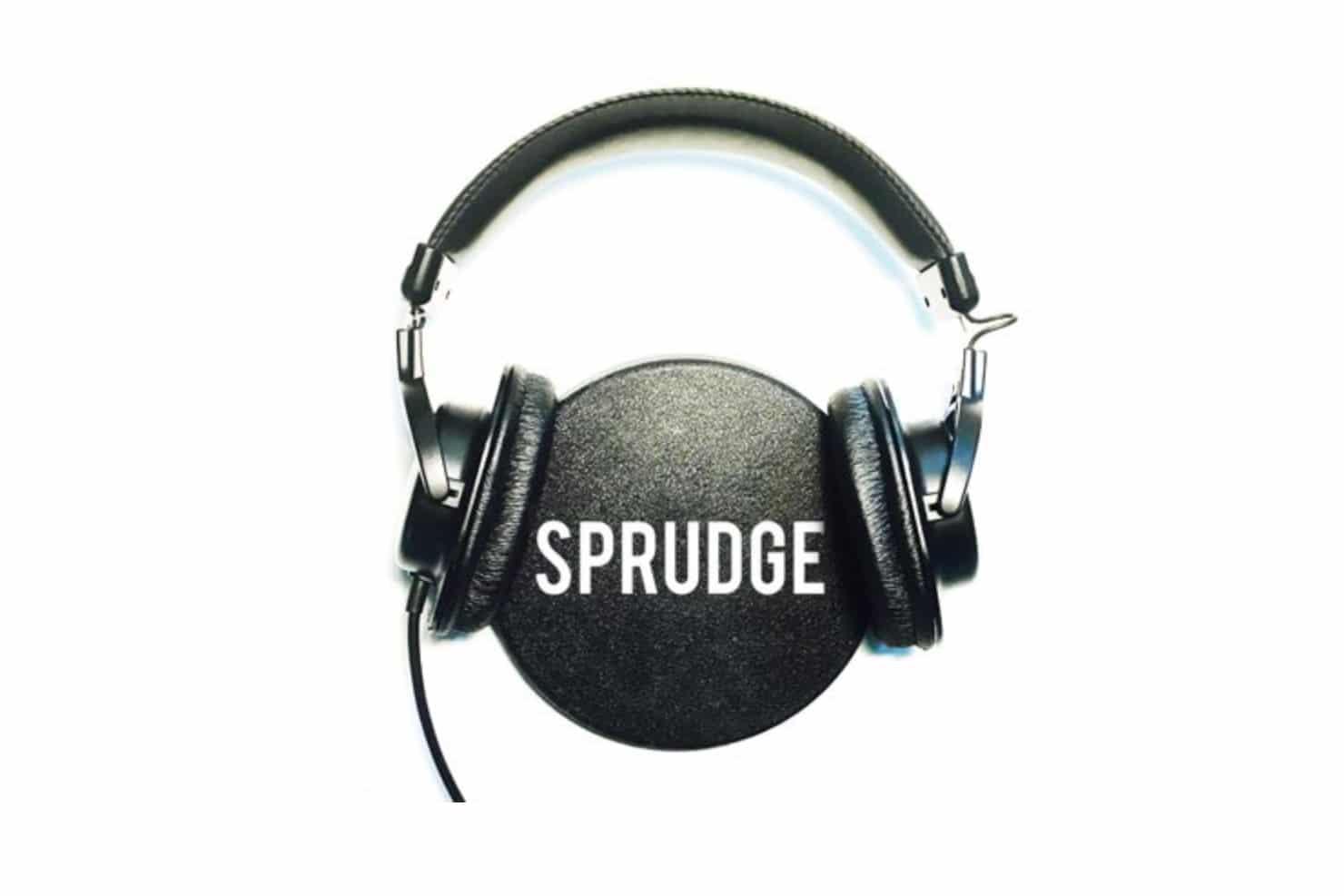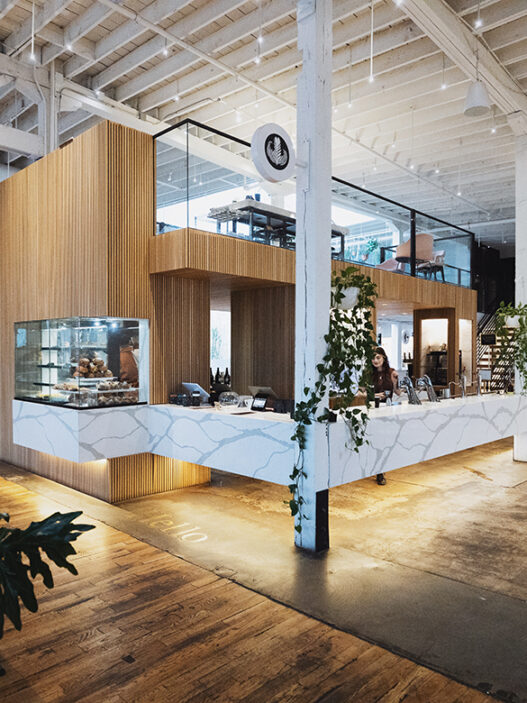Peet’s Coffee, the proto-specialty coffee brand started by Alfred Peet that is a sort of grandfather to the now-mainstream third wave coffee movement, has announced that 100% of their coffee is now “responsibly sourced.”
It is a lofty (if not a touch murky) claim, but the California-based coffee brand has to support it the backing of Enveritas, a third-party non-profit organization that “tracks social, economic, and agricultural impact across multiple crops and industries.” As reported by QSR Magazine, Enveritas’s verification of responsible sourcing looks at a litany of factors, including deforestation, use of child labor, and “other damaging social and environmental conditions.” To do this, the non-profit relies on farm audits by regional specialists.
For their work with Peet’s, this meant verifying the conditions and practices at over 59,000 farms in 24 regions around the world. The multi-year process checks 30 sustainability standards in more than 20,000 annual audits done at the farm level and across Peet’s supply chain, all of which is paid for by Peet’s and not the farmers; participation in the audits comes at no cost for the farms.
Per Enveritas CEO David Browning:
Peet’s Coffee came to us several years ago with the challenge to customize a data collection system to track actual practices in the regions where they source coffee beans. The company wanted to know with certainty how Peet’s coffee is grown and then help improve conditions within each community through targeted projects. The verification audits we perform are rigorous, and the data details actual practices in place for accuracy and year-over-year analysis. It is a model that will help individual producers and the industry evolve to better address climate change and other associated, complex challenges.
Per QSR, Peet’s is currently operating 39 “social and environmental impact programs” at the farm level to help them achieve 100% responsible sourcing status.
Admittedly, knowing what exactly “100% responsible” means in real terms is difficult. Does it allude to the farms and the supply chain as a whole being carbon neutral? Are workers paid a living wage? Are the farms practicing sustainability, be it through organic, biodynamic, implementing crop diversity, etc? Even still, a large brand like Peet’s making steps to improving the ways coffee is produced, particularly its effects on those working the farms, can have a significant impact. And not just in terms of how their actions affect those they work with. These sort of campaigns from a global coffee leader—and all the marketing goodwill they will drum up—may inspire (read: force) their competitors to try and keep up in the “we’re a company that cares” arms race. And if that’s what it takes to move the needle, then I’m good with it.
Zac Cadwalader is the managing editor at Sprudge Media Network and a staff writer based in Dallas. Read more Zac Cadwalader on Sprudge.




